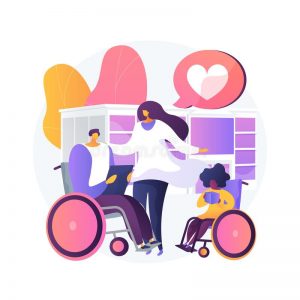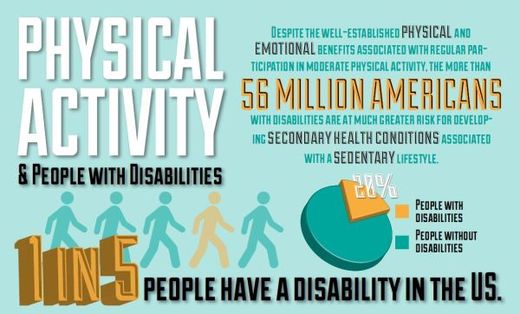The job of a disability care worker is to provide assistance and support for those who are mentally or physically disabled. Sometimes, the workers may need to work in a group facility or respite center where seven to eight disabled persons are housed. The services they provide are usually medical and occupational. Sometimes they might also provide life assistance like food and shelter.
How Assisted Living Homes and Residential Home can help you care for your loved one with a disability
This assistance is provided by the service provider. As an example, caregivers may assist with activities daily living (ADL). The caregivers may also assist with dressing, bathing, dressing, eating, and other daily activities. The services also cover medical hygiene, occupational requirements, transportation, mobility aids and equipment, dietary requirements and the emotional support.
How Assisted Living Homes and Residential Home can help you care for your loved one with a disability
The disability care worker also acts in the role of intermediary between the members and the providers. This role entails preparing a well-balanced adaptive equipment that enables a disabled individual to participate in the community. In addition to this responsibility, the caregiver should prepare a daily living plan and a personal care program for the individual based on his needs. The caregiver must also make referrals for appropriate community Ringwood NDIS and agencies that can provide financial and educational assistance as well as social assistance.
How Assisted Living Homes and Residential Home can help you care for your loved one with a disability
Adult care services are becoming more popular because of the growing needs of the disabled population. There are many adult daycare, residential facilities and other adult care facilities that provide assistance to those with disabilities. Adult daycare fosters friendships among daycare staff and encourages them to pursue their professional careers. The majority of adult daycare staff interact with clients at their homes. In some cases, the services of the adult daycare services are part of the after-school program of the facility.
How Assisted Living Homes and Residential Home can help you care for your loved one with a disability
- A disability care program can include both long-term and short term care for the elderly and disabled. Long-term care may include skilled caregiving and maintenance as well as respite and home health aide services. Both short-term and long-term care have the same goal: to provide safety, comfort and security for the elderly and disabled. The elderly and disabled are most likely to live at home with one or more adults. In some cases, they may be moved to skilled nursing care facilities where there is a limited staff who provide primary or secondary care for the disabled and elderly. In some cases, a program that provides home care services provides caregiving services, while in others, the program provides services for a limited time.
Services that provide assistance with daily living activities, self care, transportation, housework, and personal care, among other things, allow the disabled person to live independently. The assistance provided with simple daily tasks such as housework, meal prep and other housekeeping tasks can help the disabled person retain his dignity and improve his relationship with his family members and peers. The services of disability carers are beneficial for the elderly and disabled.
The family of the person with disability also benefits from the services of disability carers. The carers assist the family in coping with the additional responsibility of caring for an older person. If the disabled person is unable to walk or has difficulty climbing stairs, he may need specialized equipment such as a wheelchair. The carers make it possible for the elderly and disabled to live independently.
Residential homes and assisted living homes are two types of disability care facilities that can help you provide the right level of assistance and help your loved one live a normal lifestyle. These facilities provide basic needs such as housework, meal preparation, and transportation. Assisted living homes can be a good option since you don’t need to leave your loved person alone in your home. You can continue living at home while you take care all the daily activities. You can receive special assistance at an assisted living home if you require it.
